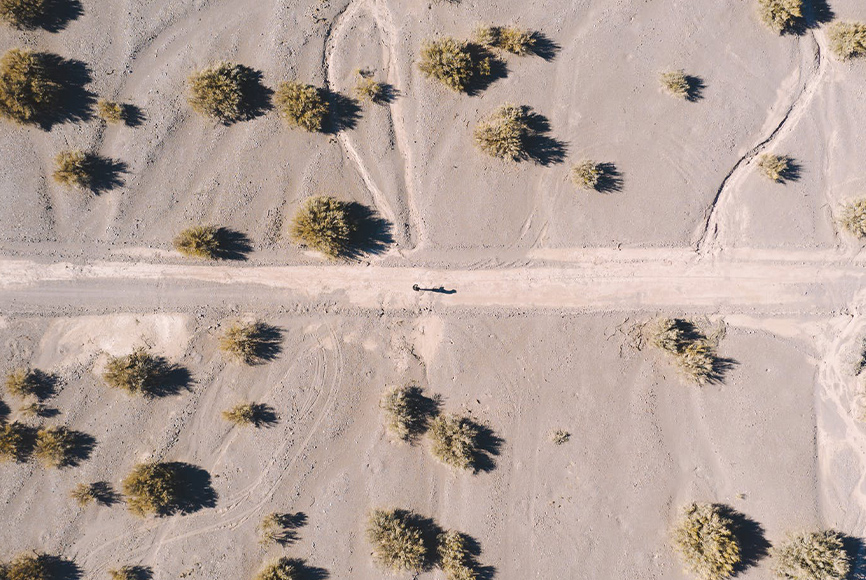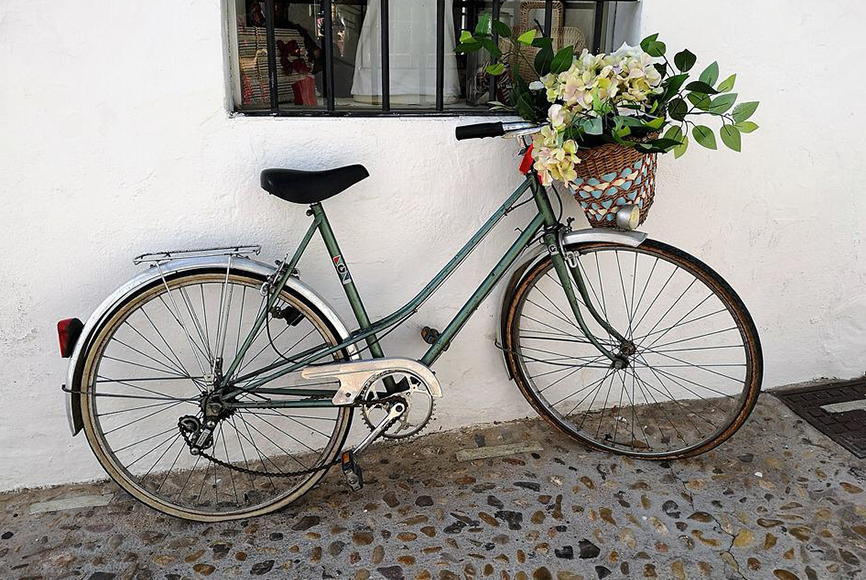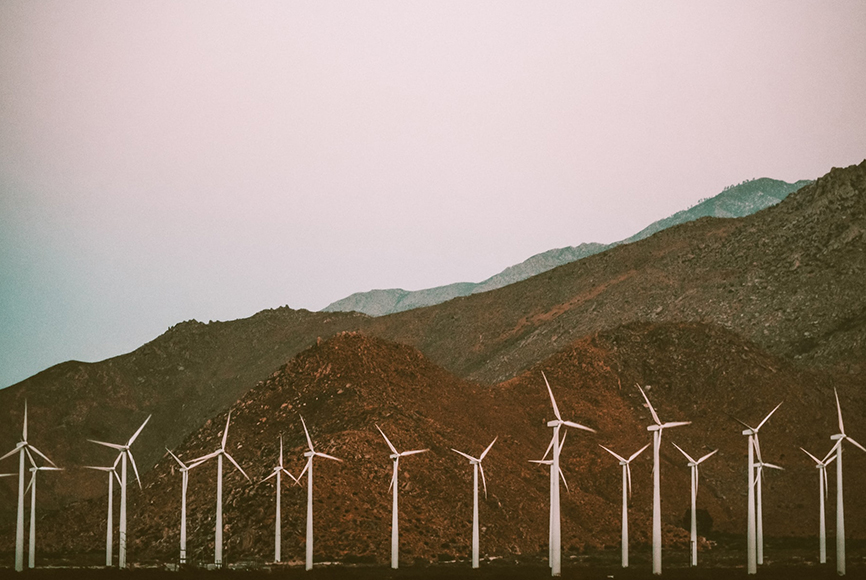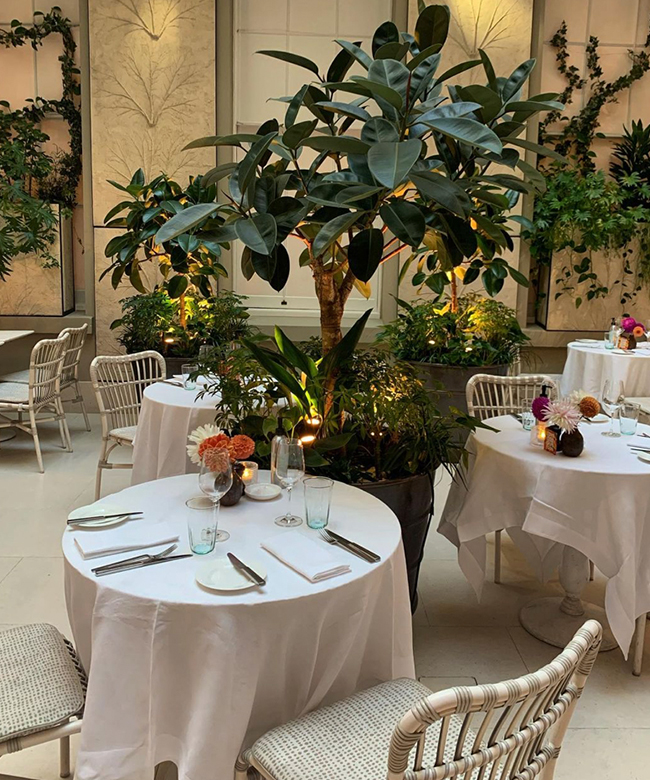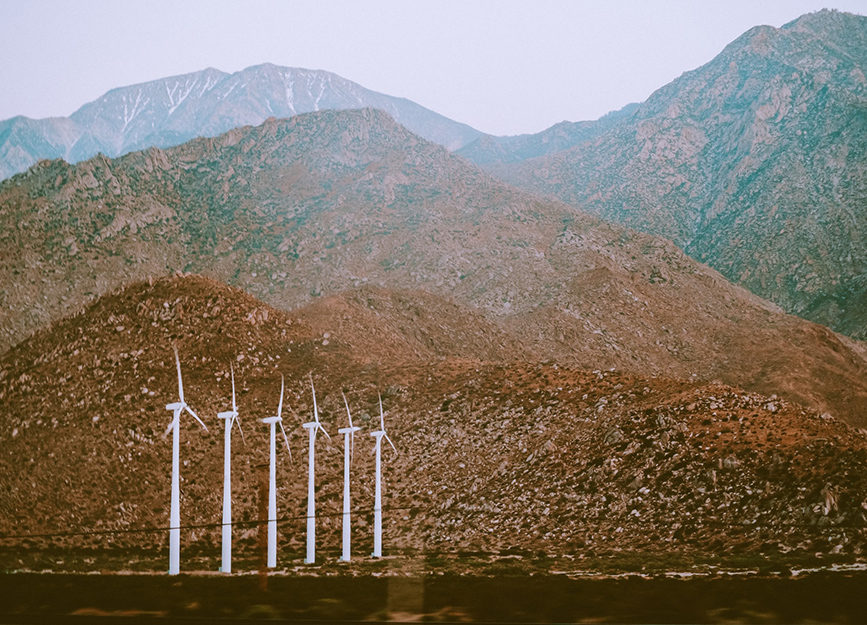
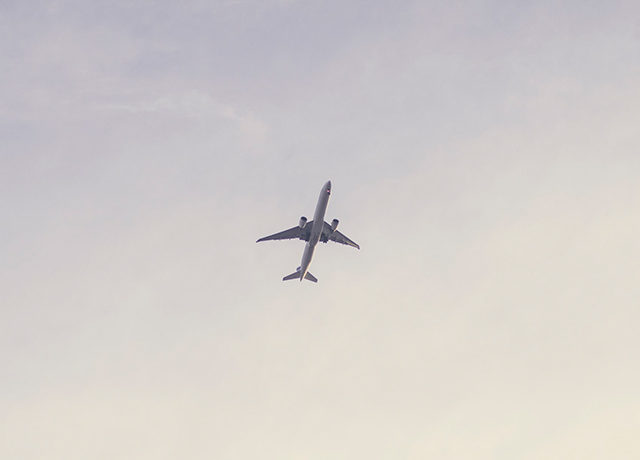
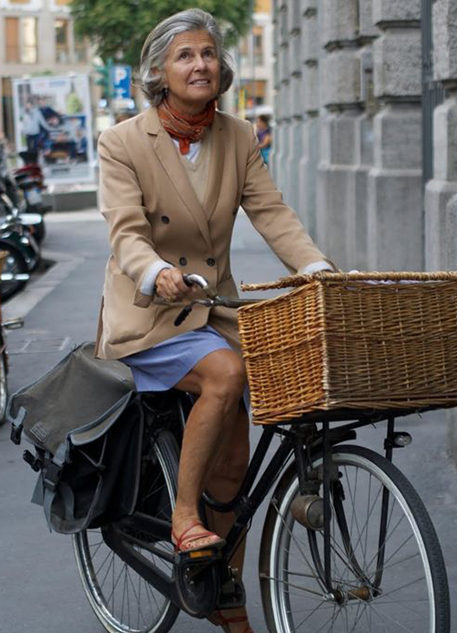
Environment
10 Ways To Reduce Your Personal Carbon Footprint
If there is one positive we can take with us following this pandemic, it’s that we have had the time and the means to deeply consider how we want to navigate our lives in the most sustainable and considered way going forward, both on a business and a personal level. Our Earth is suffering, but we have the means to protect it if we all play our part and make changes to our everyday habits. So, we have compiled 10 recommendations of how we can all reduce our carbon footprint to live more harmoniously with the earth following this pandemic. No one can do absolutely everything, but we can all do something.
1. Browse With Ecosia
This one has been top of our New Year’s resolution lists the last couple of years, but with very good reason! Switching your search engine to Ecosia is so incredibly easy and something almost everyone can do. Using the profit they make from our web searches, Ecosia are committed to planting trees within the communities and areas of the world that need them the most.
When it comes to the health of our planet, trees are absolutely critical in the role of reducing carbon dioxide in our atmosphere – because they absorb it back into the ground and release oxygen back into the air. As of the date of this editorial, Ecosia have planted over 100 million trees. Spread the word and make the switch!
2. Save Water When & Where You Can
97% of Earth’s water supply is salt water while only 3% is fresh water. But out of that small percentage, only 0.5% of it is drinkable. The rest is either too polluted for consumption or is trapped in glaciers or under the Earth’s surface. With a world population nearing 8 million and 790 million people without access to clean water, we have to start thinking about water usage more. By reducing our water usage, we cut back on the pumping of water, which directly contributes to greenhouse gases.Next time you steam or boil vegetables, instead of throwing that precious water down the drain, save it and use to water your house plants.
Also you can read our guide to drought resistant plants here!
3. Finally, Get That Bike
We have loved seeing fewer cars out on the streets and more people on their bikes. During the shutdown air pollution in London was recorded at its lowest since 2000. We would like to see this last. Plus, it is one of the best forms of exercise that is built into our daily commute. Make sure to pick a bike that has a long life, whether that is from an independent bike shop or bought secondhand.
4. Eat Locally
If you’ve been following REV for a while, then you have probably already heard us go on about our love for farmer’s markets. It is the best way to shop your veggies organically, locally, and seasonally. This way you are avoiding partaking in pesticide pollution and shipping pollution. Plus, you are supporting local farmers and clean agriculture that protects our soil and our water.
5. Only Buy It If You F*cking Love it
While this has always been our motto, the last year has reaffirmed that we don’t “need” much to be happy. We live in a world that overproduces and overconsumes. It is time to switch to a way of shopping that is more thoughtful and considerate.
Researching brands, their sustainability, and locality before each purchase. We like to ask a few questions before supporting brands. Where is it made? Are their workers paid and treated ethically? Are their materials natural or made from plastics? Next time you decide to shop, make sure you know the answer to these questions!
6. Change Your Energy Provider
Switching to a green energy provider can greatly lower your carbon footprint. Bulb is a fantastic green gas and electricity supplier here in the UK. They use 100% renewable electricity from solar, wind, and hydro. Plus, their gas is 100% carbon neutral. Their gas comes from a mix of renewable sources, such as farm and food waste. By using Bulb, you are lowering your carbon impact by around 3.4 tonnes of Co2 a year. They are even cheaper than standard UK providers, it’s a win-win!
7. Get Wise About Food Waste
A couple of years ago we were shocked to learn that food waste is one of the biggest threats to the health of our planet. According to OLIO, an area the size of China is used to grow the food each year which is ultimately never eaten. In addition to the questionable morality of this, an important environmental concern is also raised. When food waste ends up in landfill, methane is released as it decomposes. Methane is 23 times more dangerous than carbon dioxide in contributing to global warming [source: OLIO].
As shocking as these facts might be, there is some good news! Since a significant amount of food wasted is generated by us, in our homes, this means we have great power to make a difference simply by reducing and sustainably managing our own personal waste. Something that is possible for most of us to do is to start composting our food waste at home. If you don’t have a food waste bin, write to your local council to request one!
We also recommend trying out OLIO, a free sharing app which allows users to share and donate unwanted food and other household items with neighbours. You will even find local gardeners looking for extra compost! Read some more of our hacks for making use of household waste here.
8. Holiday Closer To Home
Flying has become a norm for those who are privileged enough to afford air travel. However, it is something we must deeply question. According to ATAG, flights produced 915 million tons of Co2 pollution in 2019. We understand some have to travel for necessary reasons, but we urge you to reconsider how you travel post-COVID-19. Can you pick a holiday that is closer to your home? Can you get there by train or boat instead? Stay tuned for eco-travel tips and where to holiday within the UK.
Read our guide to UK staycations here!
9. Support Sustainable Restaurants
As restaurants begin to open here in London, it is important to support some of our favourite sustainable spots around the city. Read about the sustainable restaurants we’ll be booking after lockdown here!
According to FareShare every year 1.9 million tons of food is wasted by the food industry in the UK. The fact of the matter is that most restaurants don’t operate with the environment in mind, they operate with pure profit in mind. For us, sustainable restaurants are those who buy locally and work seasonally so things don’t have to be shipped in from around the world.
Five of our favourites…
10. Reuse & Reuse Again
Give things multiple lives so that the energy that went into producing it was well worth it. When you finish your candles, reuse them for storage! We like to keep our cotton pads, pens, and makeup in our old candles. Lots of sustainable beauty and cleaning companies have refill options, so you only have to invest in packaging once. Also there are more refill options than ever before, Namsu is one such brand we love stocking that has refillable options.


















